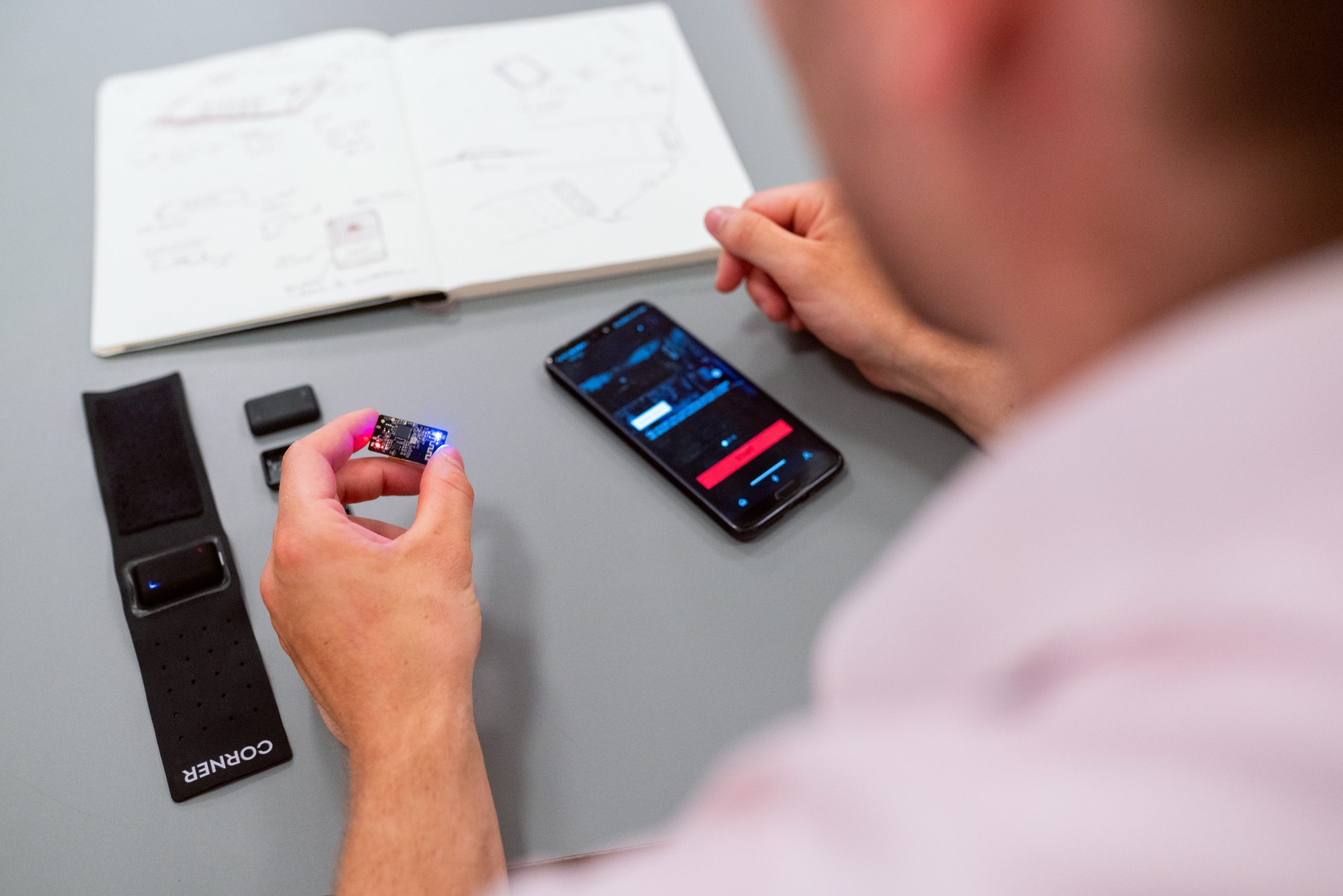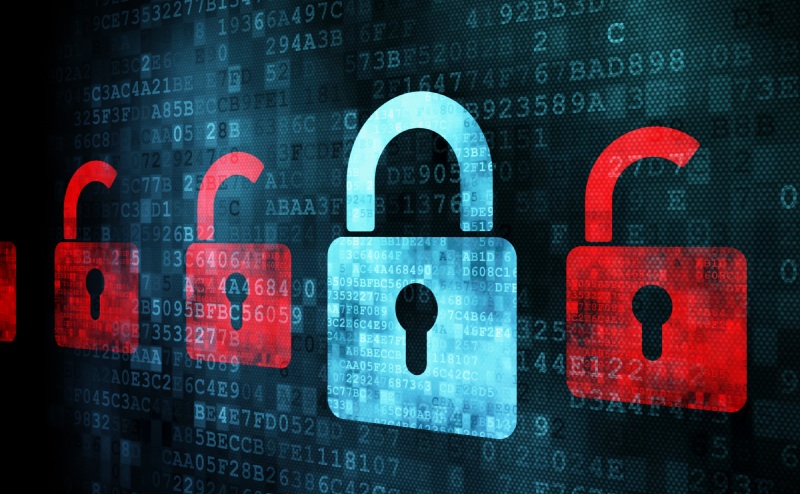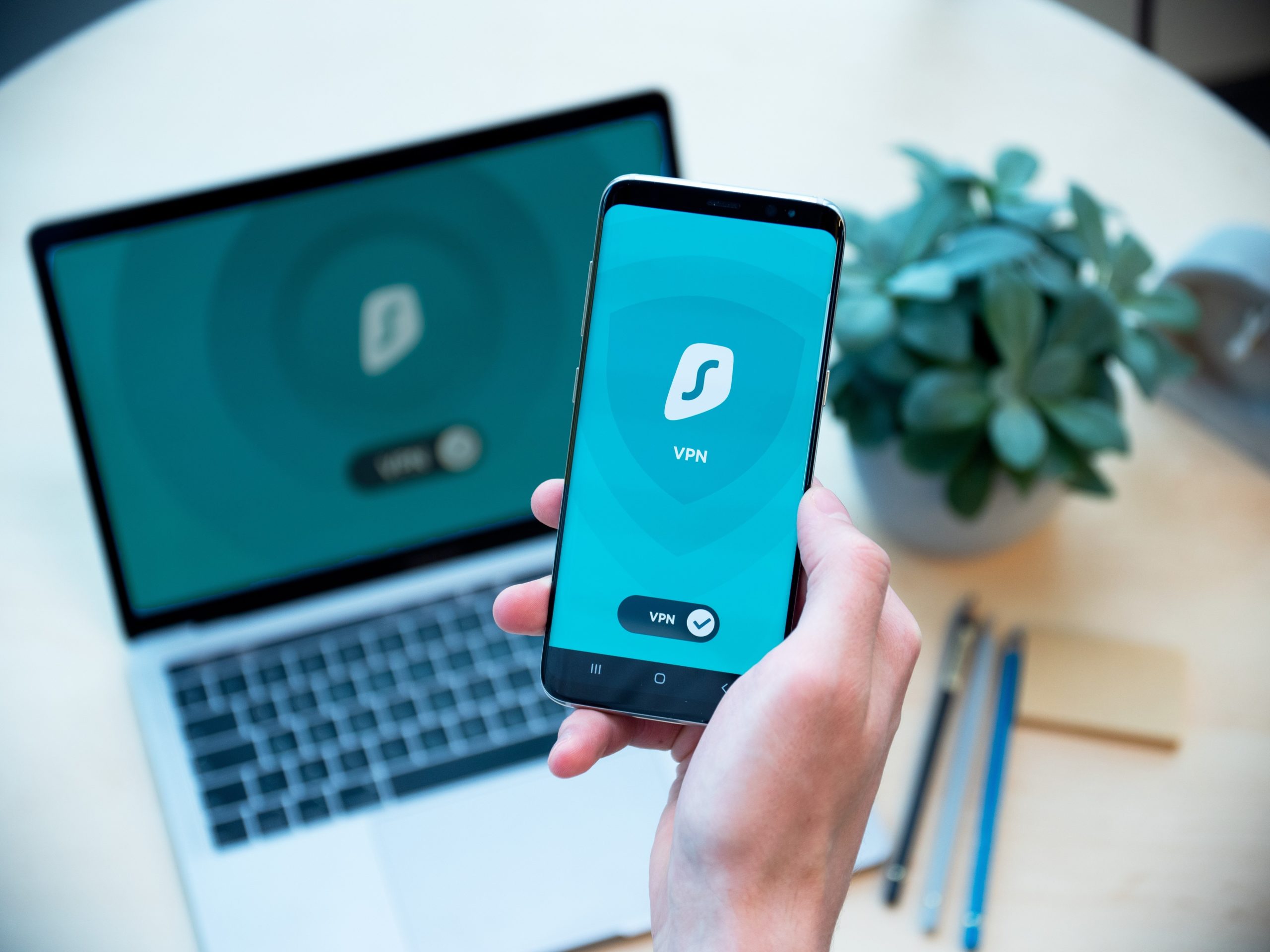

Quick Links
Quick Links
One of the fastest ways for a freelancer to lose a client’s confidence, and perhaps any future work, is to put their client’s data at risk. It really only takes a single slip-up to compromise important data. With that being said, as a freelancer, it’s necessary to take the time to create a strict cybersecurity plan.
In this article we’ll cover some of the top cybersecurity tips that every freelancer should know.

Use AntiVirus Software
Any time you access the internet, your computer is at risk for viruses and other forms of malware.
You’ll see anti-virus (AV) and anti-malware (AM) software marketed, but the terminology is more a branding gimmick than anything. For maximum base level security, install a full-featured security suite from any of the big name manufacturers in the industry: Avast, McAfee, Norton, and on down the list.
These operate on a subscription basis and cost anywhere from $40 to $60 annually, which is a heck of a good deal for the trouble they can prevent. In recent years, AM software has gained popularity and have developed to the point where they are worth the investment. This type of software is more finely tuned to recognize and block malware on a more general basis in all the various mutations that it takes.
Back Up Important Information On The Cloud
Most freelancers use some sort of cloud storage solution to share, store, edit, and synchronize project files. If you’re not careful, you might start thinking that this cloud solution is the same as going through an actual backup process, when it really isn’t.
Cloud storage is meant to act as a second hard drive and give you additional space to store your files. However, cloud backup is specifically designed to help you restore files in the event that your data is lost or compromised.
If freelancing is your livelihood, you can’t afford to go without a professional cloud backup. Modern services scan your hard drive constantly so that every keystroke or change is saved to the cloud within moments, meaning there is little data at risk of loss at any given time. You are protected not only from hacker attacks but other events in which your laptop, tablet, or phone is lost, damaged, or stolen.

Keep All Important Software and Systems Up to Date
Updating is not just a good idea. It’s a crucial part of the cybersecurity process and should be a no-brainer to include in your strategy. Here’s why. A major part of hacker success can be attributed to what are known as zero day exploits. This is just a fancy way to refer to new types of malware or viruses that have been adapted to get in through newly discovered problems in the underlying code of software or an app you might be using.
For example, let’s say you fire up your favorite project management software, a very important tool for freelancers, every day. Let’s further say that a hacker finds a weakness in the backend coding that allows him to sneak in and cause mischief. As soon as Microsoft learns about the problem, they’ll put their engineers to work changing the code so that that particular vulnerability doesn’t exist any more. All well and good, right?
The problem arises if you don’t update your software to include the new fix. You’re still using the old version with the open door to the hacker that discovered it, and you can bet he will tell his hacker friends. This is the best argument to be made for updating your systems, software, and apps regularly. Most can be set to automatically update when new versions become available. It’s a very good idea to do so.
The moral of this story is to update and do it often. Daily is best but at least weekly.

Never Work Outside a Secure Connection
These days, hackers don’t have to do all the dirty work themselves. They create and release artificial intelligence (AI) powered robots to scour the internet 24/7 in search of a poorly protected device to break into, or a user they can dupe into clicking on an infected email link or attachment.
Your first order of business is to take a few simple protective steps that secure your internet connection from prying eyes.
Check HTTP for the Extra “S”
For a long time, the acronym “HTTP” prefaced all URLs that showed in the top window of your browser. It stands for HyperText Transfer Protocol.
Beginning a few years ago, Google made a push for websites to adopt a more secure protocol that is designated as “HTTPS.” The search engine giant is such a proponent for the additional security that they typically won’t rank a site in search results that doesn’t have it.
Most secure browsers will throw a big warning on your screen if you land on a plain HTTP site and won’t let you proceed. But just in case it gives you the option to keep going, you shouldn’t. Make it a practice to back out of any site that doesn’t have an SSL certificate (the extra “S” after HTTP). There’s a good chance that malware awaits you on the next screen.
Don’t Trust Hotspots
Freelancers love to plop themselves down at their favorite coffee shop and do a little work on the laptop. From a security perspective, this is a terrible idea.
Public WiFi hotspots are notorious hangout spots for hackers. Since these connections are normally lightly-secured, if at all, spying on your connection and stealing personal or business information is easy pickins.
It’s a good idea to set your device so that it does NOT automatically connect to familiar public networks. This gives you a chance to get your VPN up and running before you actually go online.

Virtual Private Network (VPN)
Available by subscription for $5 to $10 monthly, a reliable no-logging VPN service should be one of a freelancer’s initial security investments. This service works to secure your connection a couple of ways.
The first is that it routes your IP address through a distant server, so that it hides your actual physical location. This extra hop makes it harder for a hacker to trace the route back to your device.
Additionally, VPNs encrypt connection data so that it appears as gibberish to anyone who might be spying. That means that even if a hacker manages to find and view the data you’re working with, they won’t be able to decipher and use it for any nefarious purposes.
Final Thoughts
As you begin searching for clients, the preceding set of tips should help keep your system clean and any data you work with unscathed. Here’s one more bit of advice before we leave.
If you expect anything squirrely has happened that has even the slightest chance of compromising a client’s data network, pick up the phone (don’t email – it takes too long), call their IT department, and ask to speak to whomever is in charge of security.
Remember, a freelancer who can’t be trusted with company data or network access will have a difficult time finding clients.
If you’re interested in learning more about how to keep your clients happy, check out this helpful resource for freelancers.
